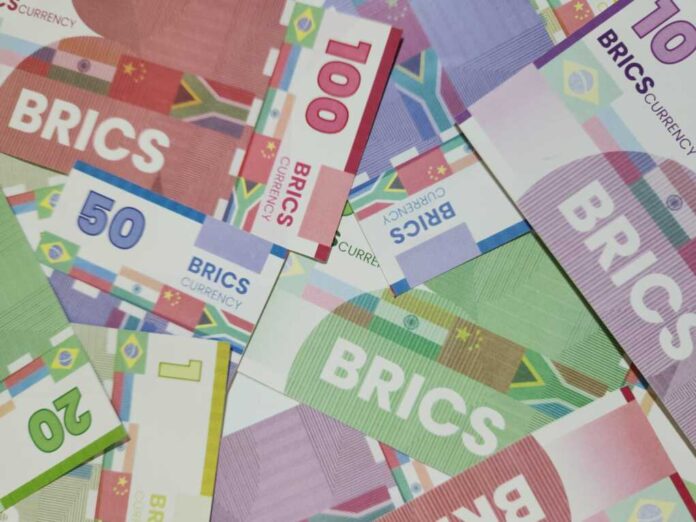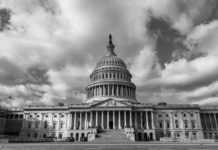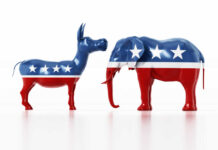
New Argentinian President Javier Milei announced this week that his country would not be entering into the BRICS pact, alongside several other growing global economies. The effort, originally named for Brazil, Russia, India, China and South Africa is increasingly challenging the diplomatic lead of the United States.
Milei said that he would withdraw the country from its planned ascension into the BRICS alliance, which works together on a number of issues, including trade. Milei’s administration originally stated that it planned to delay joining the block, but instead decided to drop the decision altogether.
BREAKING:
President Milei today officially announced that he has informed BRICS that Argentina has changed its mind and won’t join BRICS on January 1st as planned by the previous government.
Milei is withdrawing completely
— Visegrád 24 (@visegrad24) December 30, 2023
The president said that he would attempt to build further “bilateral ties” with the nations of BRICS, but ultimately not join the group. This includes potential meetings with the different countries’ leaders.
Currently, Argentina has close trade relations with China and Brazil.
Argentina was one of six nations set to join the trading alliance on Jan. 1, 2024. Instead of joining with Russia, China and its allies, Argentina’s new president declared that he sought to join with the “free nations of the West.”
The new Argentinian president has repeatedly stated that he would more closely align his country with the United States and Western democracies. The previous government aligned Argentina more closely with autocratic regimes tied to BRICS.
Milei attracted considerable attention from international observers after announcing his candidacy. The former economist was interviewed by conservative American media personality Tucker Carlson and received the endorsement of former President Donald Trump.
Milei has a significant challenge ahead of him, as Argentina’s economy has struggled for decades following almost uninterrupted socialist administrations. Argentina struggles with high inflation and low economic growth rates.
Currently, the country has an inflation rate of 150% and more than 40% of its population currently lives in poverty. Argentina had been one of the richest countries in the world at the end of the 19th and beginning of the 20th centuries.
The new president promised to introduce Classical Liberal approaches to the economy and slashed the size of the major agencies in the country’s government. In addition, he argued against the use of import tariffs and seeks to stabilize the country’s currency.










